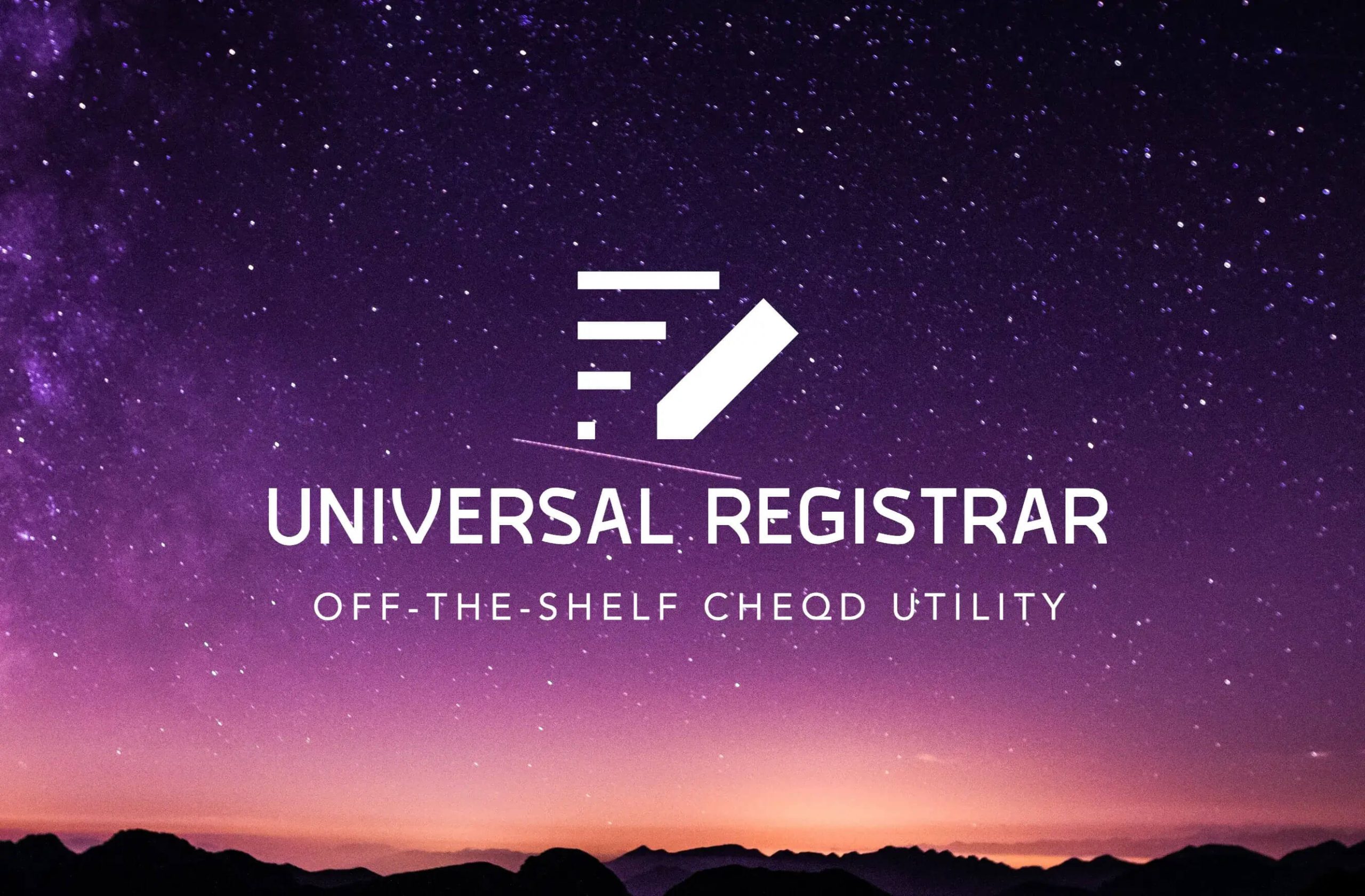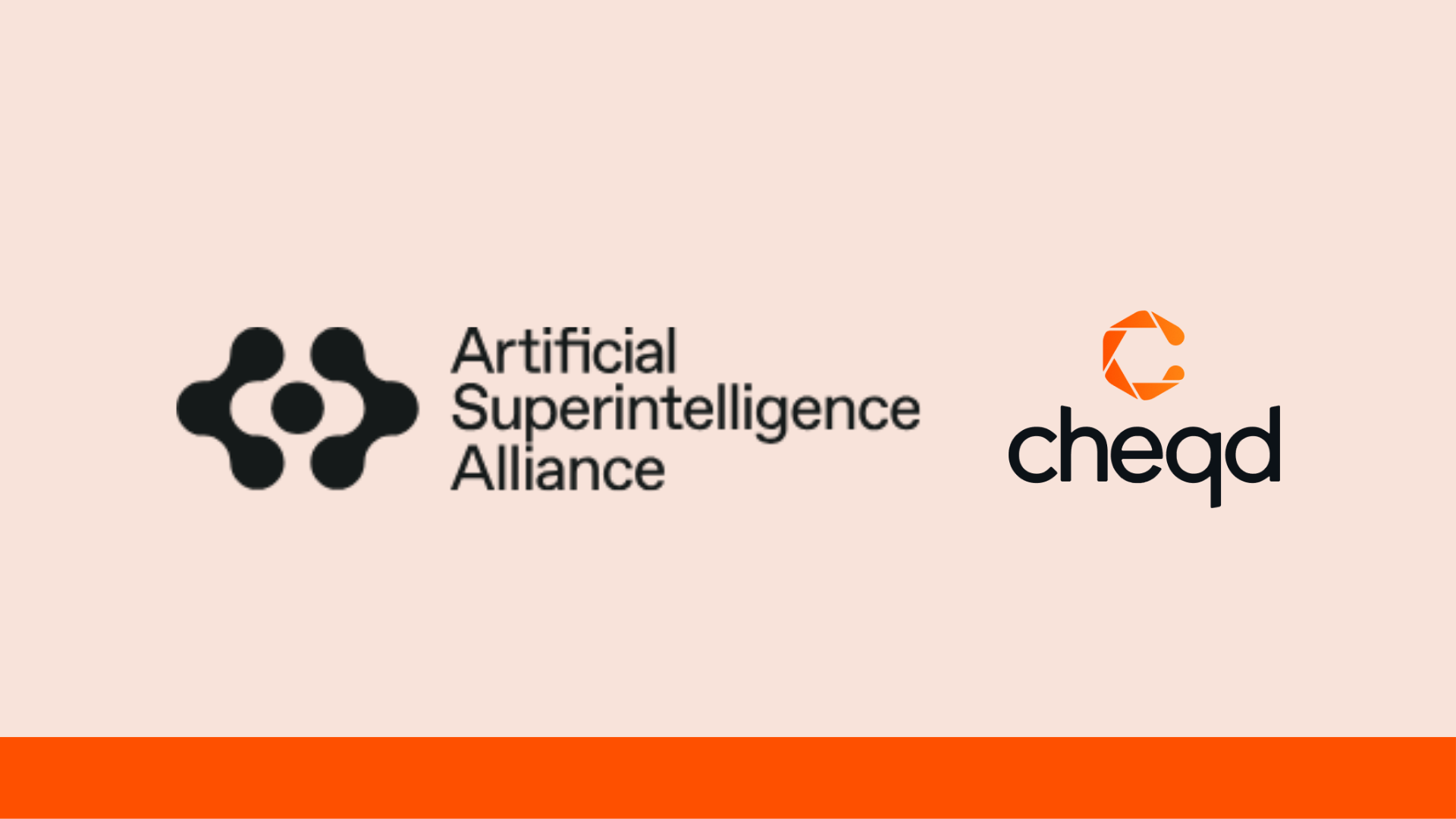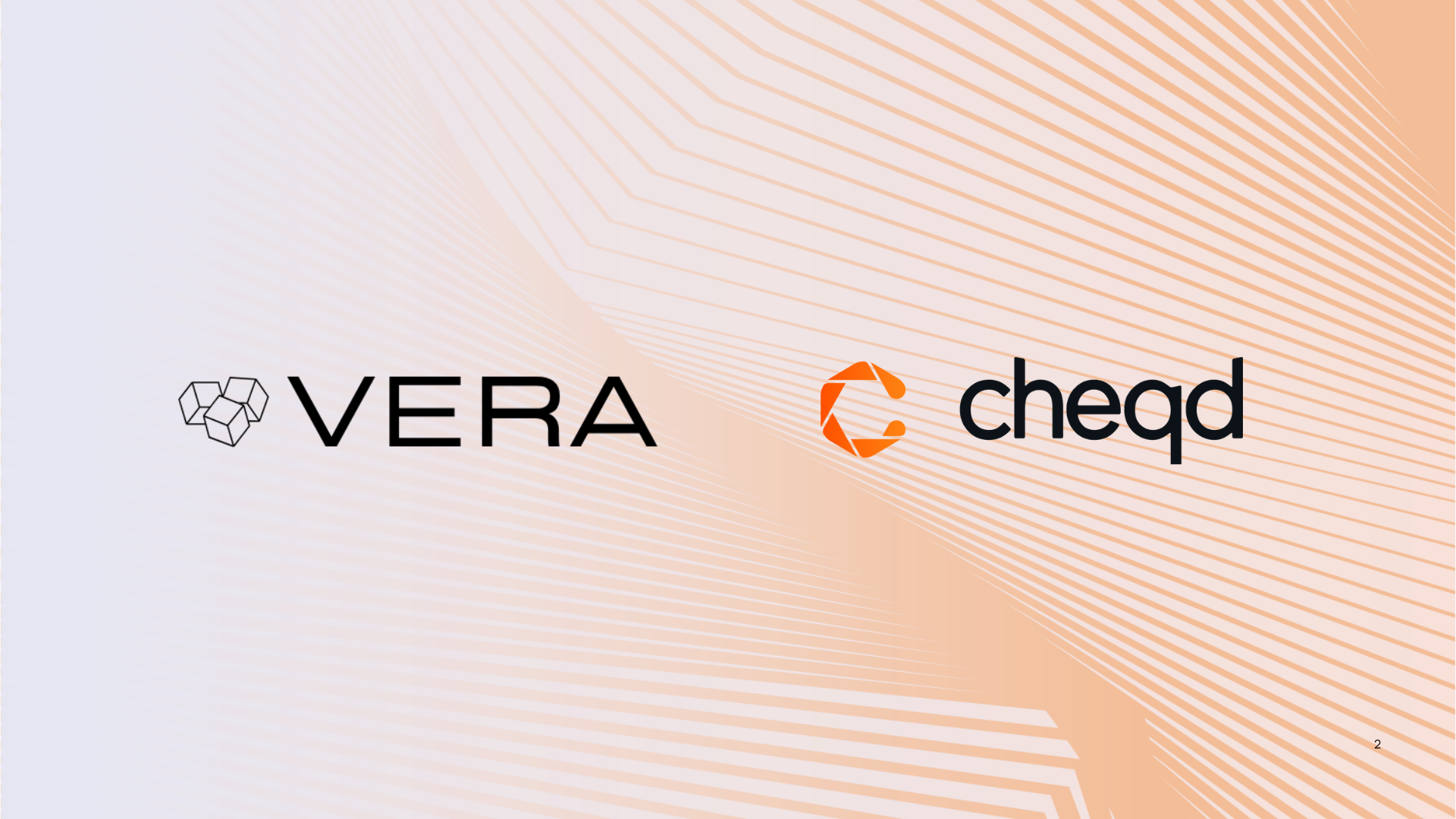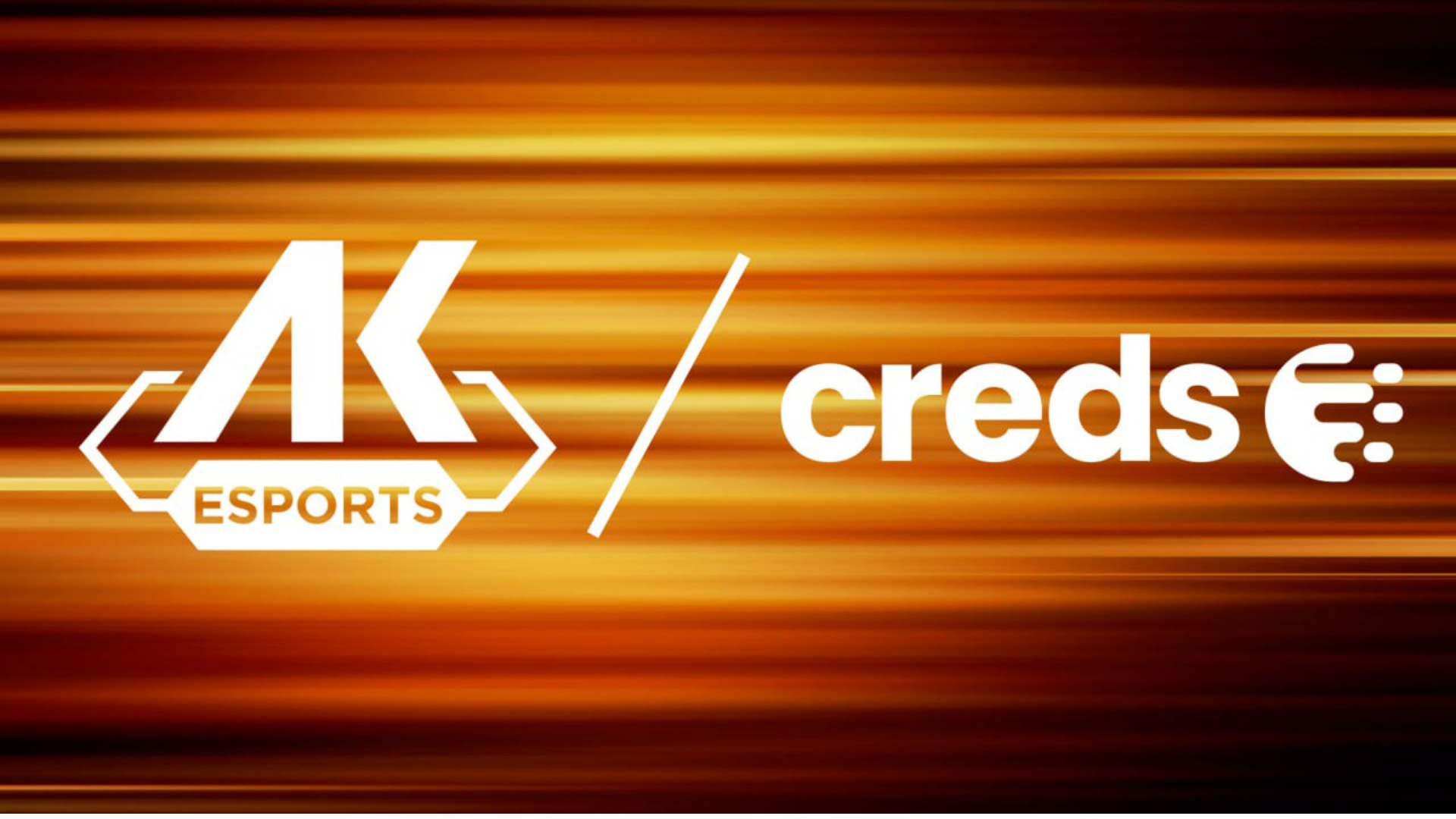cheqd’s new Universal Registrar driver enables easy and efficient integration with cheqd’s DID and DID-Linked Resource utility.
Introduction
We are excited to announce that we have successfully built a cheqd driver into Decentralized Identity Foundation’s (DIF) Universal Registrar to enable out-of-the-box and highly efficient DID and DID-Linked Resource transactions on cheqd. This is a big step in simplifying the developer journey for client applications to use cheqd’s DID and DID-Linked Resource utility in a more light way than integrating with our Software Development Kits (SDKs).
Understanding the value of the Registrar
The Universal Registrar is an open source application created by the Decentralized Identity Foundation (DIF) which aims to make it far easier to create, update and deactivate Decentralized Identifiers (DIDs) across a range of DID Methods without full integration.
EASILY CONSUMABLE DIDS IN A COMMON FORMAT
The aim of the Universal Registrar is similar to the Universal Resolver; to transform method-specific APIs for DID transactions into a common format for client applications to easily call. In more simple terms, remember the kids’ toys with different shapes and different shaped holes? Yep this one!
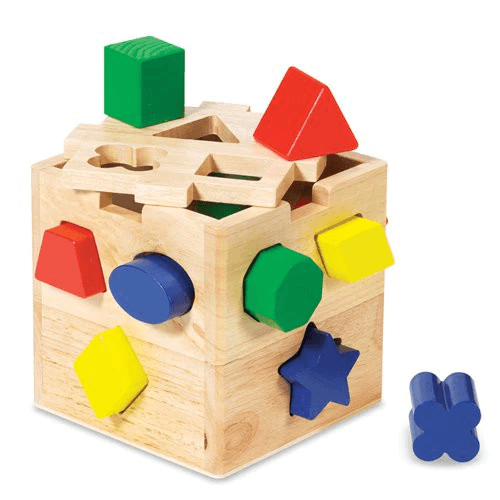
DID Operations with minimal integration
Not only does it make it easier for client applications to support DIDs from multiple DID methods, but it also makes it far quicker and easier to create, update and deactivate DIDs — as it calls the method-specific driver with a common API.
If you imagine our SDK as a flatpack #IKEA product for DIDs, where it’s simple to put together, but you have to have instructions & the right tools (and a bit of patience).
Then imagine the Universal Registrar is like buying cheqd DID functionality straight off-the-shelf — it’s simple, efficient and quick! And it allows our partners or customers to use cheqd’s utility within minutes.
Therefore, the barrier for integrating cheqd DIDs into existing client applications has been greatly reduced by the Registrar. Instead of having to integrate with the cheqd SDK, applications can now create a simple workflow to call the relevant APIs for issuing, updating or deactivating cheqd DIDs and creating DID-Linked Resources.
Going beyond other DID Registrar Drivers
cheqd’s DID Registrar driver also supports the creation of DID-Linked Resources which goes beyond any other existing DID Method on the market. This provides the functionality for any developer to easily create the likes of schemas, trust registries and status lists on cheqd.
This week, the W3C has also formally approved the DID-Linked Resource work item which will be developed as a formal standard over the next few months here!
Getting started with the Registrar
We have created a simple setup guide for using the Registrar with Docker or locally. You can also find us on the Universal Registrar frontend.
Once you have setup the registrar, you can use the cheqd Registrar driver APIs here coupled with the Universal Registrar to build into your workflows!
For more information, we have created an Architecture Decision Record which describes the workflow for building cheqd DIDs and DID-Linked Resources into existing client applications using the Registrar.

